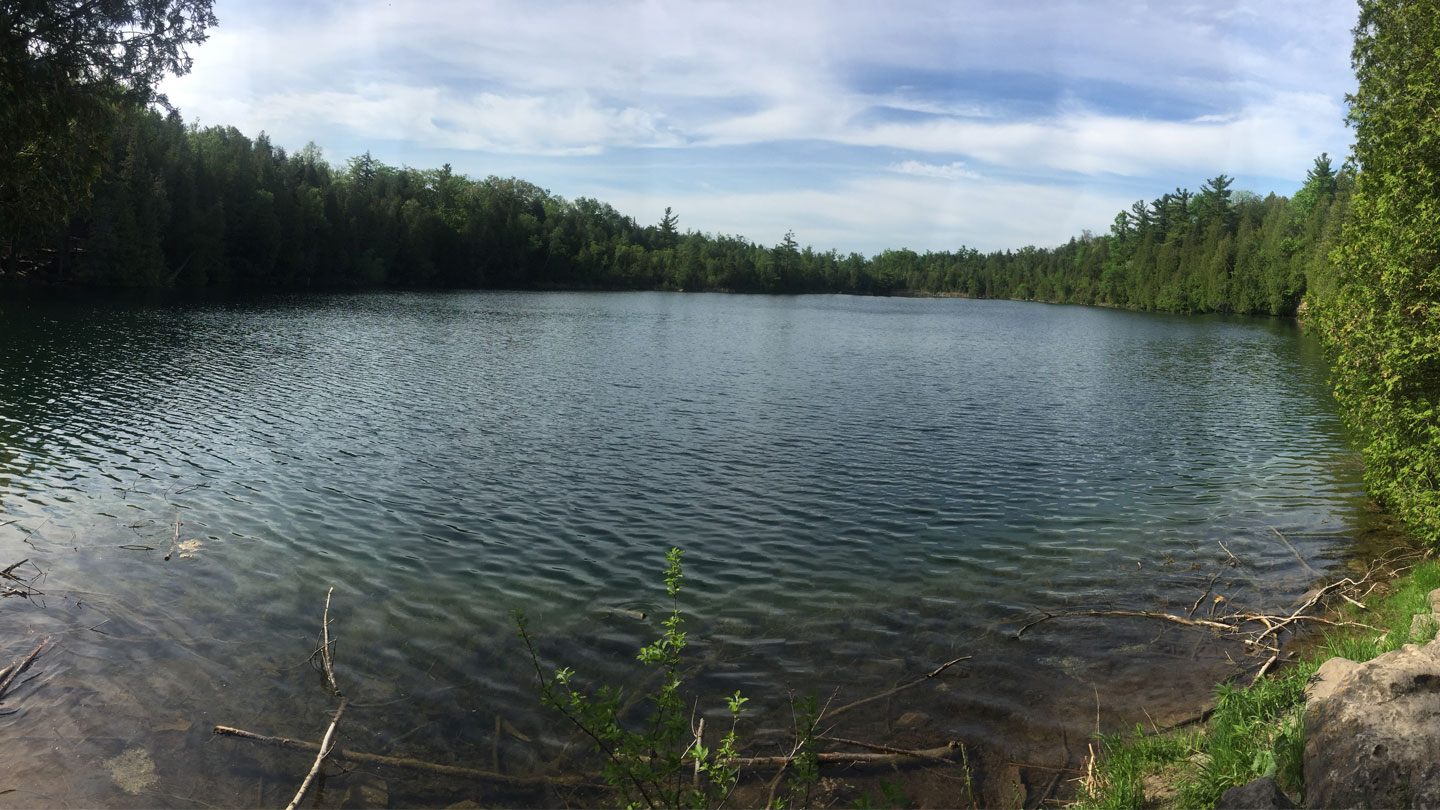Scientists are one step closer to defining a new chapter in geology, one in which humans have become the dominant driver of Earth’s climate and environment.
The lake bottom’s sediments hold one of the most precise records of humans’ alteration of Earth, including upticks in plutonium from nuclear weapons testing, ash from burning fossil fuels as well as heavy metals and microplastics.
But the Anthropocene isn’t an official geologic epoch yet. Now, several more committees must approve of the proposed epoch before it can be added to the geologic time scale. Doing so would end the nearly 12,000-year-old Holocene Epoch, which encompasses the rise of humankind since the last ice age.
Scientists first started using the term Anthropocene in the early 2000s to refer to the ongoing time of humans altering the planet on a global scale. Although framed in terms of geology, the Anthropocene lacked a formal geologic definition.
2023-07-11 12:00:00
Source from www.sciencenews.org


















